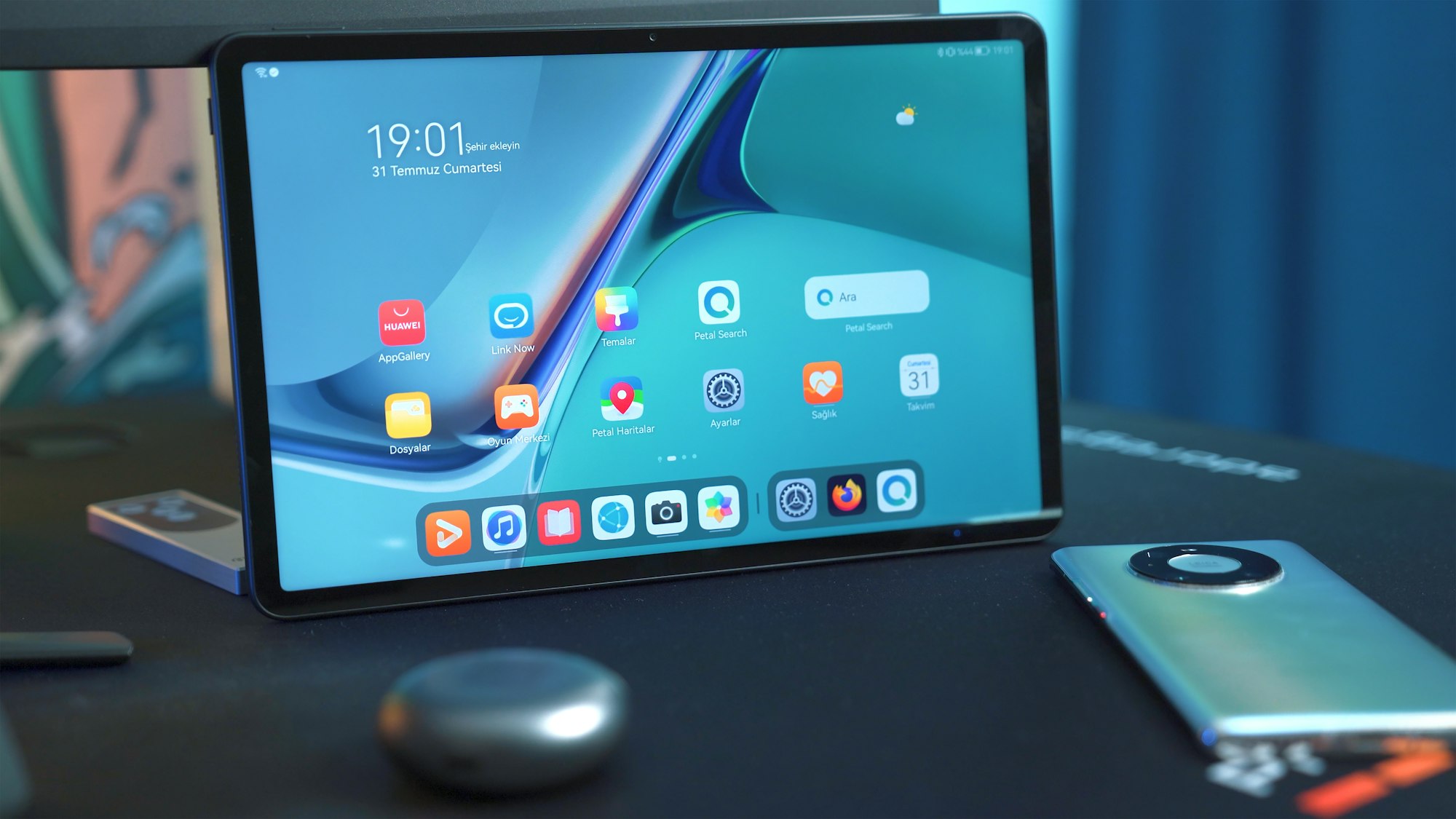Huawei's homegrown OS topples Apple's iOS in China
Huawei's HarmonyOS dethrones Apple's iOS as the #2 mobile OS in China, fueled by strong domestic demand for Huawei's 5G smartphones.
- Huawei's HarmonyOS dethrones Apple's iOS to become the #2 smartphone OS in China.
- HarmonyOS success fueled by strong domestic demand for Huawei's 5G Mate 60 series.
- Globally, Android remains dominant but HarmonyOS emerges as a potential Android alternative in China.
Huawei's gamble on a homegrown operating system, HarmonyOS, is paying off – at least in China.
According to Counterpoint Research, HarmonyOS captured 17% of the Chinese smartphone market in the first quarter of 2024, surpassing Apple's iOS (16%) as the #2 mobile OS in the country for the first time. Meanwhile, Google’s Android continues to dominate the market with a 68% share in the same period.
The surge comes with HarmonyOS doubling its market share from 8% in the previous year, highlighting its rapid growth within China. This is a significant milestone for the company, especially considering the ongoing US trade restrictions that limit their access to American technology.
The success can be attributed to the strong domestic demand for Huawei's recent 5G smartphone launch- the Mate 60 series. Pre-installed with HarmonyOS, these phones have fueled the adoption of the new operating syaytem and helped the smartphone gain more share in the premium segment (>US$600).
However, on the global stage, Android continues to dominate with a commanding 77% share, followed by iOS at 19%. HarmonyOS is still a newcomer, holding just 4% of the worldwide market.
Despite the global gap, HarmonyOS signifies Huawei's determination to build an alternative to Google's Android. Early versions faced criticism for resembling Android too closely, but the upcoming HarmonyOS Next update aims to change that. This new iteration will no longer support Android apps, marking a clear divergence between the two platforms.

Looking ahead, Huawei plans to release the Mate 70 series later this year, again equipped with HarmonyOS Next. The company also initiated partnerships with about 200 partners including major app developers like Alibaba and JD.com to develop HarmonyOS-based apps.
With a strong brand presence and a growing local app base, HarmonyOS seems poised for continued growth within China. However, its ability to replicate this success on a global scale remains to be seen.








